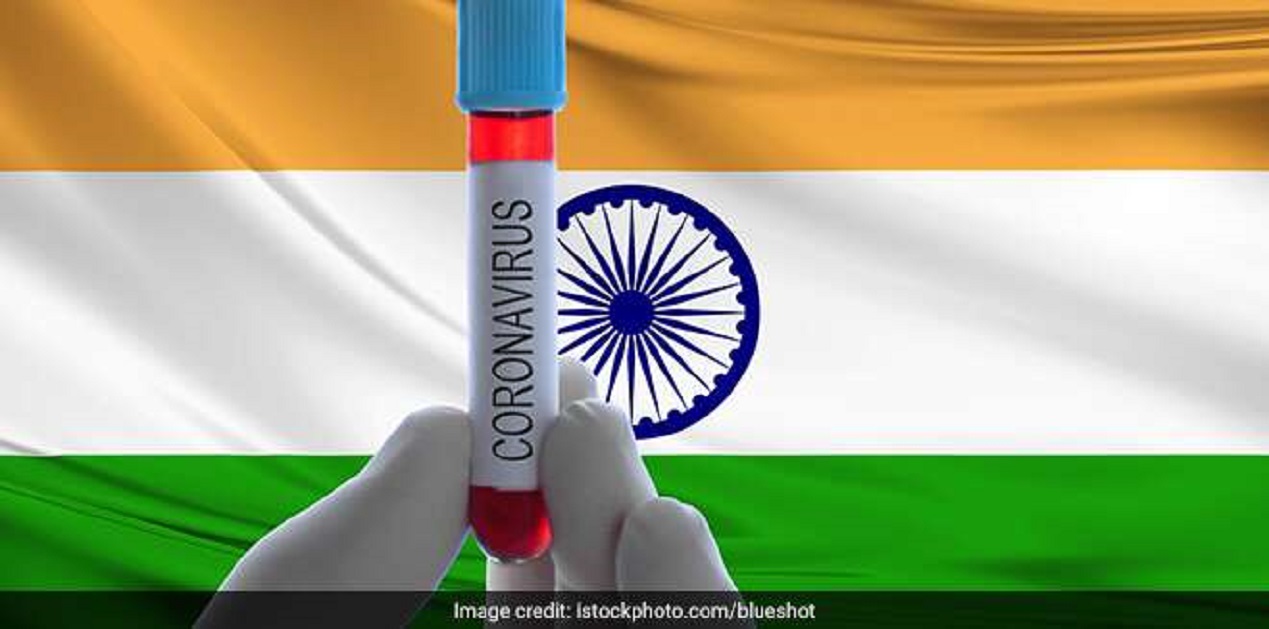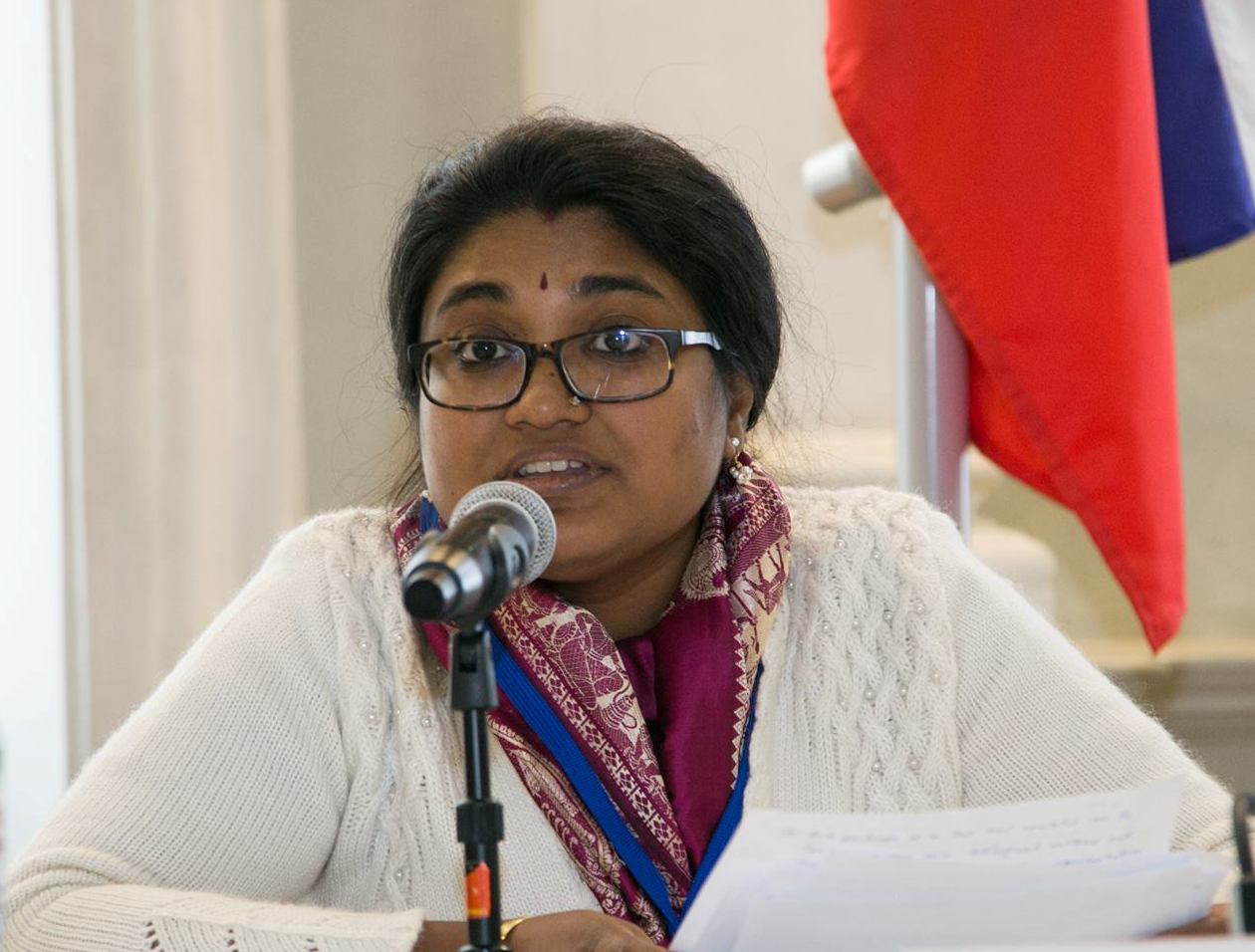In the wake of the global crisis triggered by the novel Coronavirus pandemic, Jim O’Neill’s comments about Indian governance was not only uncharitable but also uncalled for.1 The discussion was about how Western countries should learn from China the art of fast and aggressive measures in the context of containing the fatal Coronavirus. He didn’t need to mention India, but he did, by exclaiming “Thank God it didn’t start in somewhere like India” where the governance structure would not have allowed such effective containment. On the aside: of course, the pandemic didn’t start in India! How many international pandemics have originated in India in the past two centuries? Anyway, this is not about where a disease originated, but how we should cope with it.
Coming back to O’Neill’s statement about following the Chinese model, can we really follow the Chinese example? Yes and no. Of course, as far as the epidemiological part is concerned, social distancing and lock down have been recommended worldwide as the only option right now. But if we look at the governance aspect, how far can the Chinese example be emulated? There is already a debate about privacy and civic liberties, but that will not be discussed here. We are also not going to discuss if China acted on time – it is amply clear that they did not (a delay caused by the Chinese government’s initial denial of the fact that its people were afflicted with a new disease2). But that’s a fait accompli. We need to now think about how the road ahead looks like. What do we need to be especially cautious about?
Before discussing the way ahead, there is yet another more fundamental question—what worked for China may not work elsewhere. We need to give up this kind of old-world Western universalism that one model can fit all. Success does not depend on the best strategy; success depends on how far one’s strategy is geared to one’s own context. There is, in fact, no best strategy outside of one’s context. Drawing lessons should mean knowing what China did and also knowing how to tweak it to suit one’s own context. For instance, India and China are similar in many respects, but ours are two completely different kinds of society (read people) and economy. The Indian solution has to be geared to the Indian situation.
Nor is everybody all praise for China. Bloomberg columnist, Clara Ferreira Marques pointed out: “We have also learned that coercion works — in the short term. It’s unclear whether it can be effective for long or indeed at all outside China, where drones monitored mask usage, roadblocks were put up and people with mild infections were separated from their families in mass isolation centers. Success in reducing infections doesn’t make such measures sustainable, or desirable.”3 Western democracies are critical of Chinese ways and international media has articulated this reservation in varying ways and degrees.4 On the other hand, China’s is not the only model. South Korea went in for large-scale free testing.5 Taiwan’s approach has been hailed as “transparent”, “technocratic yet compassionate”, “in line with its liberal values”.6
Let us be sure that there is a flip side to “fast and aggressive” measures, and that is fatigue. How long can China sustain its own extreme measures? Robots can be deployed to distribute masks, but doctors and care-givers are humans, not robots. And so are patients and potential patients. According to Ferreira Marques, fatigue will be the carrier of the second Covid wave.7 Fatigue is already showing in the Chinese people. Since, the numbers have plateaued in China, they want to party.8 More than complacence, it is plain and simple fatigue, and also “loneliness” 9. This is not to say that strong isolationist measures are not to be taken. The United Kingdom committed this mistake. They worried about “behavioural fatigue” 10 and did not enforce restrictions early on. India, on the other hand, introduced restrictions in a phased manner. In a way, this prepared the citizens about what to expect. But even this preparation will not help beyond a point if people do not have the wherewithal to cope with isolation. There are no vaccines yet. The caseload will be too heavy for the public health care infrastructure in place – not just in India but in any other country in the world. Mathematical modeling predicts there has to be a spike before it plateaus. This situation can endure for months. And this will be followed by economic recession. With this present scenario and the as-of-now limited testing facilities in India (for which there are justifiable reasons), self-isolation is the only way of preventing the virus from spreading. At such times, we need as much a psychological support system, as we need medicine, infrastructure and effective governance.
As India finally goes into a lock-down mode, we need to be aware of certain facts. Ferreira Marques warns us: “No one knows the precise secret to sustaining good behavior in a pandemic of this scale and potential duration… Humans simply aren’t able to sustain a state of high vigilance. They falter.” 11 At the end of the day, everything boils down to this—human behavior. A positive outlook, due diligence in following government advisories, and caution and precaution are the key to successful containment of Coronavirus.
The mind is fatigued not just by excessive activity, but also lack of activity, which facilitates anxiety over the indefinite uncertainty ahead. So, the mind needs nutritious food for thought. If there is anything distinctly Indian in our way of thinking and behaving, then we, as a people, have to dive deep into our own traditional resources—prayer, meditation, music, family support, community support, gratitude, reverence for nature, caring for others a simple living and deep thinking. On the other hand, it is good to know that a crisis can often make us more focussed and it is true both at individual and collective levels. So, it depends on us if we look at this as an adversity or as an opportunity. Remember, some very important Indians (our freedom fighters) have spent substantial part of their lives in prison (Aurobindo Ghose’s prison cell in Alipur Jail did not even have a window). Yet they did wonderful things and had wonderful insights while being in prison. What is our self-isolation in our own homes compared to that?
There is also an affective dimension to the situation. We are in it together. We have to help each other tide over the crisis by caring for each other. Lifting the morale of care-givers, caring for those who work for us (for instance, domestic help) will automatically do the mood lift for us and them. The Prime Minister has been doing this through his speeches and one cannot overstate its importance. Even the best of state machineries will fail if people’s morale breaks down. Will power and positive thinking are critical factors, apart from timely medical intervention, in fighting fatal diseases (perhaps Cancer patients can attest to that).
We have to shun the two extremes of panic and callousness. Let’s be alert without being impatient. The virus will live its course. It will spike before reaching a plateau. Strength, strength, strength is the need of the hour. Think health, Think positive.
References
- https://www.cnbc.com/2020/03/11/thank-god-this-didnt-start-in-india-jim-oneill-praises-chinas-coronavirus-response.html (Accessed on 22 March 2020)
- https://www.bbc.com/news/world-asia-china-51364382 (Accessed on 23 March 2020)
- https://economictimes.indiatimes.com/news/international/world-news/fatigue-will-be-the-carrier-of-the-second-coronavirus-wave/articleshow/74725529.cms (Accessed on 22 March 2020)
- For instance: https://thehill.com/opinion/international/488407-one-reason-democracies-handle-crises-better-than-authoritarians (Accessed on 23 March 2020)
- https://www.forbes.com/sites/kenrapoza/2020/03/12/china-and-south-korea-models-seem-like-only-way-to-contain-covid-19/#74170b8c47d3 (Accessed on 23 March 2020)
- https://thehill.com/opinion/international/488407-one-reason-democracies-handle-crises-better-than-authoritarians
- https://economictimes.indiatimes.com/news/international/world-news/fatigue-will-be-the-carrier-of-the-second-coronavirus-wave/articleshow/74725529.cms
- https://www.theguardian.com/world/2020/mar/20/chinese-life-slowly-gets-back-to-normal-as-the-epidemic-subsides-coronavirus (Accessed on 23 March 2020)
- Ibid.
- https://www.theatlantic.com/health/archive/2020/03/coronavirus-pandemic-herd-immunity-uk-boris-johnson/608065/ (Accessed on 23 March 2020)
- https://economictimes.indiatimes.com/news/international/world-news/fatigue-will-be-the-carrier-of-the-second-coronavirus-wave/articleshow/74725529.cms
(The paper is the author’s individual scholastic articulation. The author certifies that the article/paper is original in content, unpublished and it has not been submitted for publication/web upload elsewhere, and that the facts and figures quoted are duly referenced, as needed, and are believed to be correct). (The paper does not necessarily represent the organisational stance... More >>
Image Source:https://swachhindia.ndtv.com/coronavirus-here-are-the-steps-taken-by-india-to-control-the-spread-of-covid-19-42304/










Post new comment